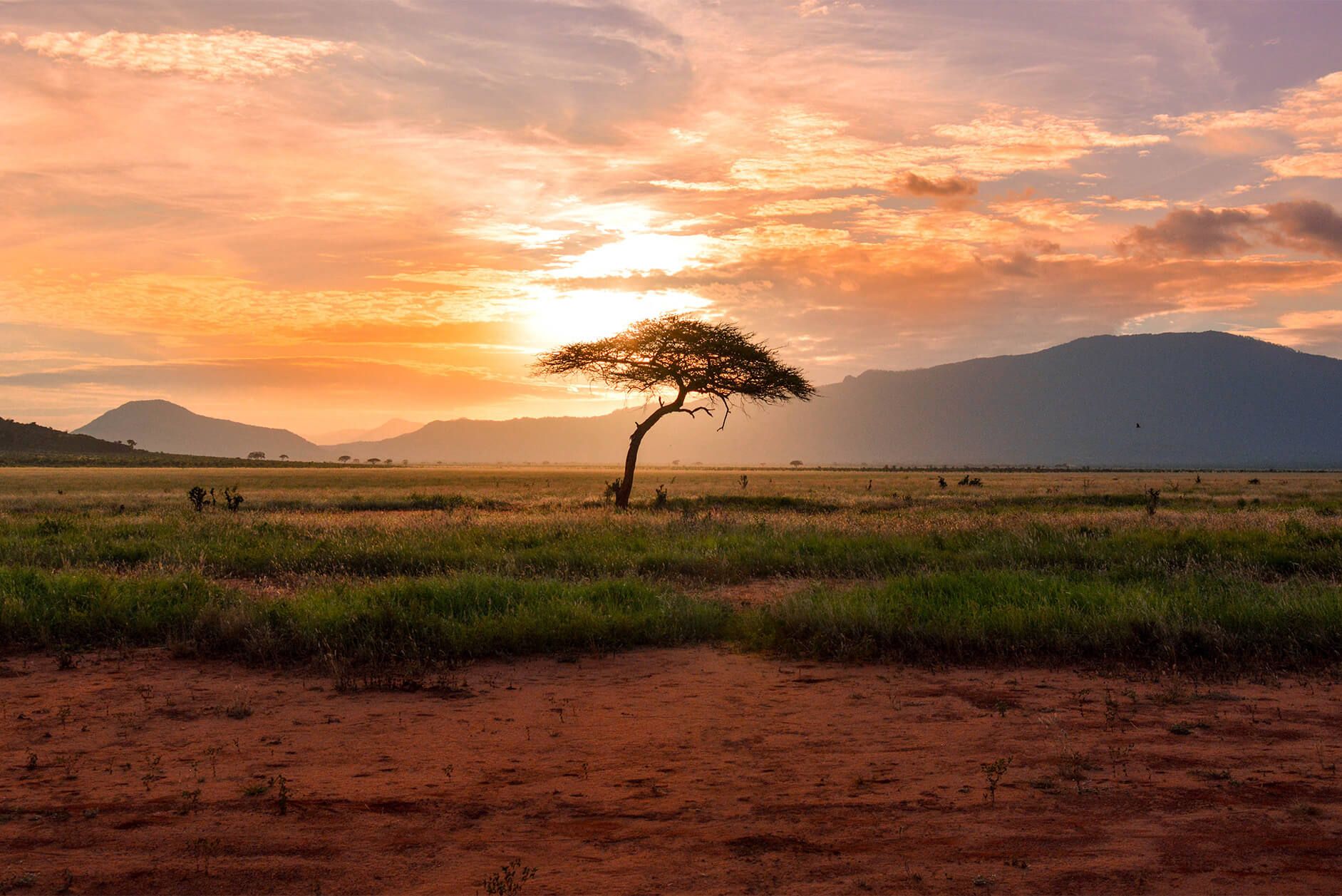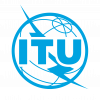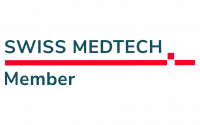BLOG
Telecom26 blog
Gathering Data To Help Decision-Making In Africa

“Lacking data, many African governments make policy in the dark” is the title of this recent article from international newspaper, The Economist. With COVID-19, a lack of testing and inconsistent and non-existent records of deaths arising from the disease as its news hook, the writer discusses how “a paucity of data across swathes of Africa has left governments guessing where to build” schools, roads, hospitals and health clinics.
But, even when data is available, it is difficult to assess its accuracy and age with governments left unable to garner any meaningful analysis. “Patient records in health clinics are almost always written by hand, and then often gather dust in a corner”.
Meanwhile, well-meaning projects are often carried out in isolation; apparently in Malawi five different donors recently funded five separate mobile health applications, with little thought of how they might operate together. This is exactly the kind of challenge that Telecom26’s innovation team embrace. We are constantly bringing together disparate groups that have the same end-goal as us; to extend the boundaries of mobile services and enable new applications to take off and flourish.
Reliable Connectivity Vital For E-health and M-health programs
The African Union’s Centre for Disease Control and Prevention states that sharing critical, life-saving information and data between countries is a priority to limit or eliminate infectious diseases that know no borders.
However, sharing data gathered by e-health and m-health programs is often a problem due to the lack of reliable and fast broadband services in rural and semi-urban Africa. Information can now be gathered from patients on hand-held devices but, in order to be useful, has to be transmitted in a timely fashion to a central database where it can be analysed, and treatment programs developed - and then evaluated by governments trying to plan for the future.
The 21st century has seen billions of dollars invested in subsea cables and inland fibre. However, the focus has understandably been on connecting the major hubs rather than fibre spurs into the smaller rural towns and villages.
So, with no fibre, cellular and satellite come into play with different challenges associated with both. The GSMA says that 270 million people living in remote and sparsely populated areas in Sub-Saharan Africa are still not covered by mobile broadband networks - “but for economic (not technical) reasons”. Put simply, the people living there just don’t have the spending power to enable MNOs to make their business models commercially viable. Whilst satellite continues to be an expensive option for data-heavy medical apps.
This leaves health programs in these regions without the connectivity needed to meet the African Union’s plea to share information with experts living and working in other areas.
Telecom26 - Roaming Made Easy With Our Global SIM cards
Over the past eight years the team at Telecom26 has focused on providing reliable data connectivity across the world - so that our customers can connect to the best available network, any time, any place.
We now have roaming agreements with 1100 cellular networks from over 620 mobile operators in more than 220 countries. And, where coverage is needed but not available, Telecom26 can deploy a private network with VSAT backhaul.
However, this blanket coverage isn’t the only reason that people come to us; Our Multi-IMSI global SIM cards and smart routers enable devices to access the best network available at a particular time in any area. When any coverage is visible, Telecom26 can connect to it and, when another signal is available, we can determine which is the better network to provide service.
By automatically switching between networks, our global SIMs remove the need to worry about the coverage of a single MNO, or the existence of roaming alliances. Multiple-IMSI profiles are pre-loaded on every SIM allowing for simple reconfiguration if the primary network has poor or no service.
Gathering Data To Help Decision-Making In Africa
Our global SIMs are being used in 28 countries across Africa where our partners include healthcare service providers who are using our SIMS to help with remote data collection for the diagnosis and tracking of cross-border diseases. The teams on the ground are able to gather information from patients - and instantly share information wherever they are.
As well as helping individuals recover from the infectious diseases that plague the continent, we are also enabling governments in gathering data to help decision-making in Africa.
The Telecom26 Difference
At Telecom 6 innovation and evolution go hand in hand.
As a truly global mobile operator, we have a unique worldwide environment, in which new ideas are tested and evaluated, before being launched.
So please Get in touch to find out how Telecom26 can help improve connectivity for your team, wherever they are in the world.



